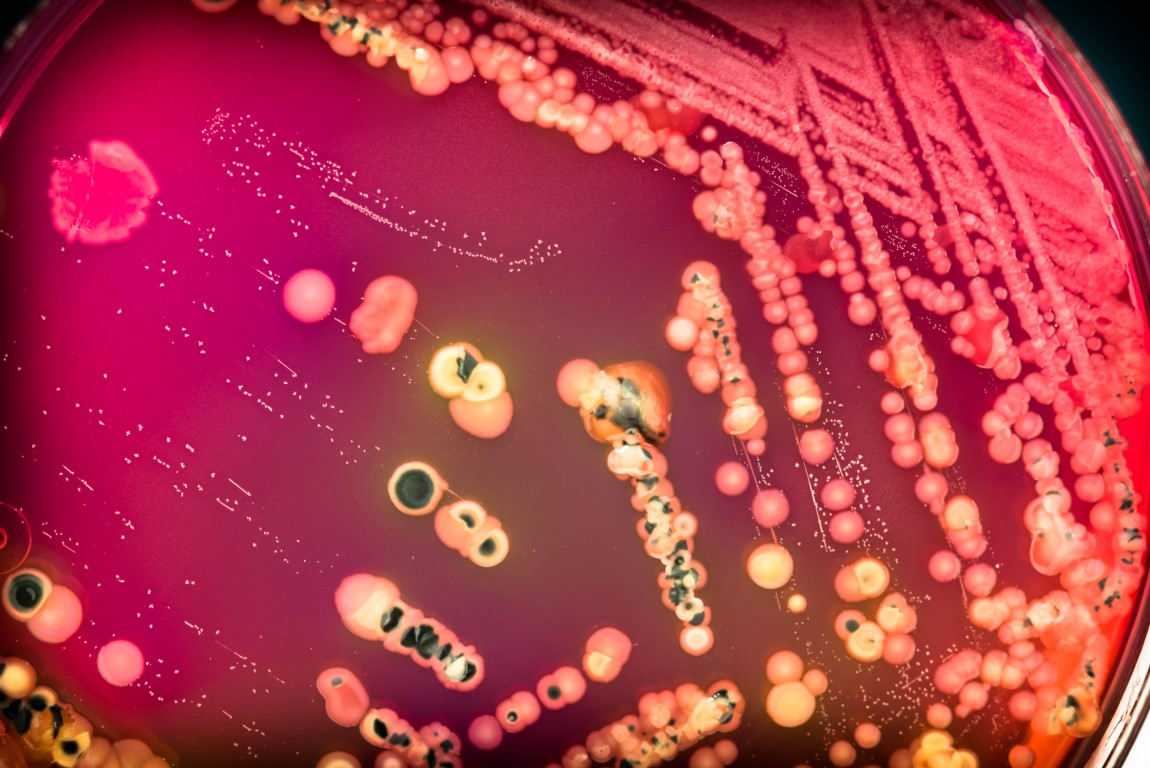In animal nutrition, feed additives are used for many different purposes – they can improve feed quality, animal health and performance, and can be added to improve the quality of food from animal origin (e.g. meat, milk or eggs). Feed additives may provide nutritional value, act as preservatives or improve feed efficiency. Recently, there has been increasing interest in the commercial use of live microorganisms, such as bacteria and yeast, to improve the intestinal microbial balance of the host. Known as direct-fed microbials, or probiotics, these microorganisms have the potential to improve feed efficiency – a major goal across all production systems.




